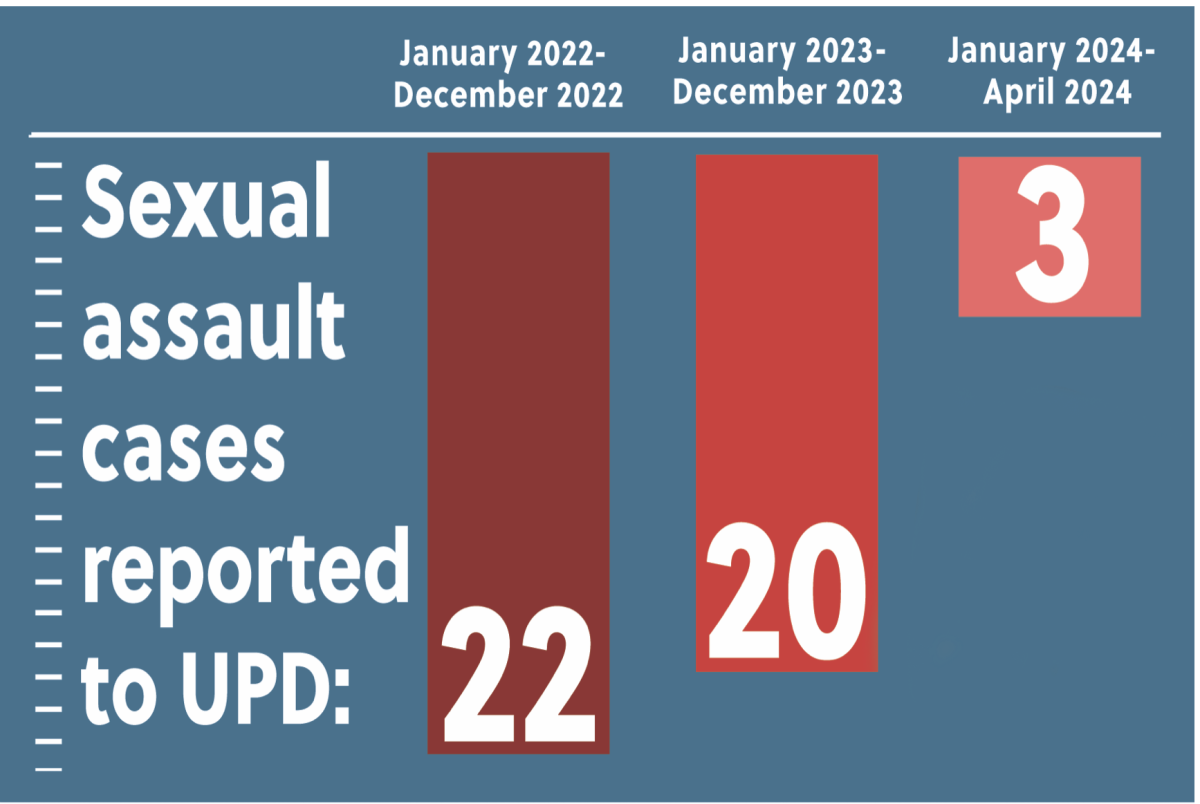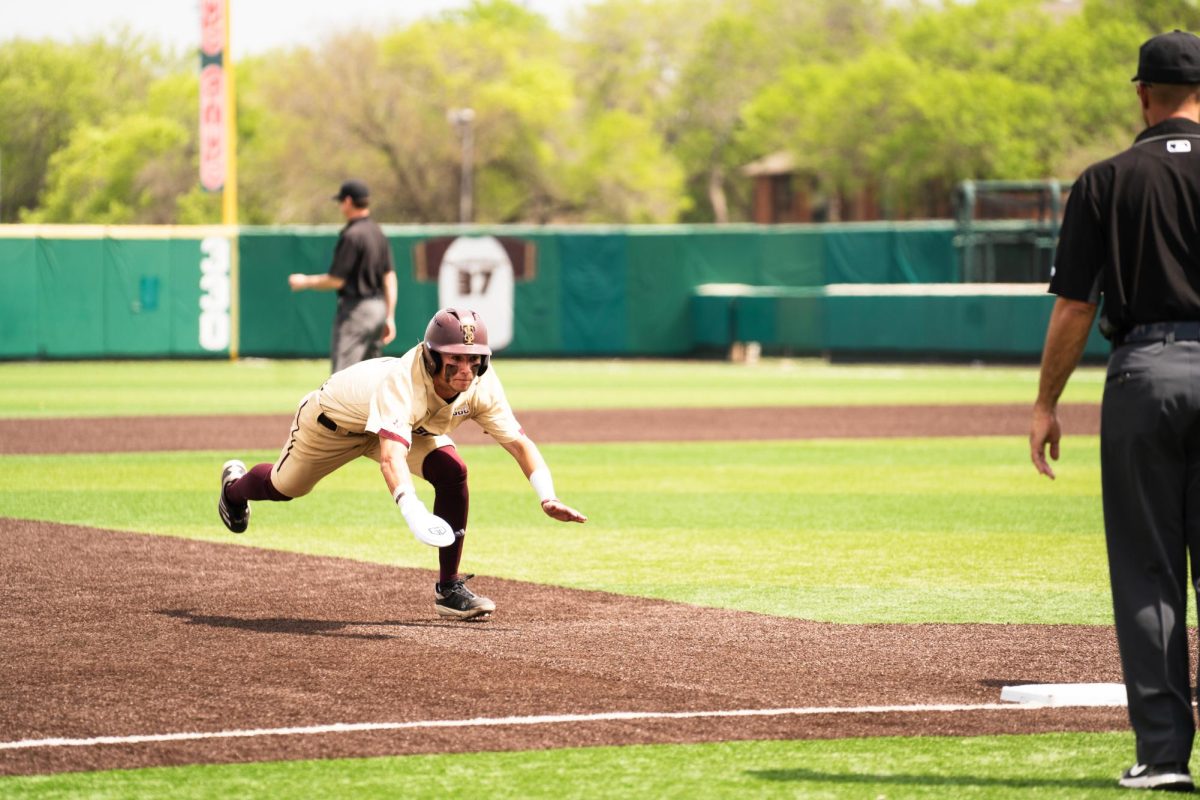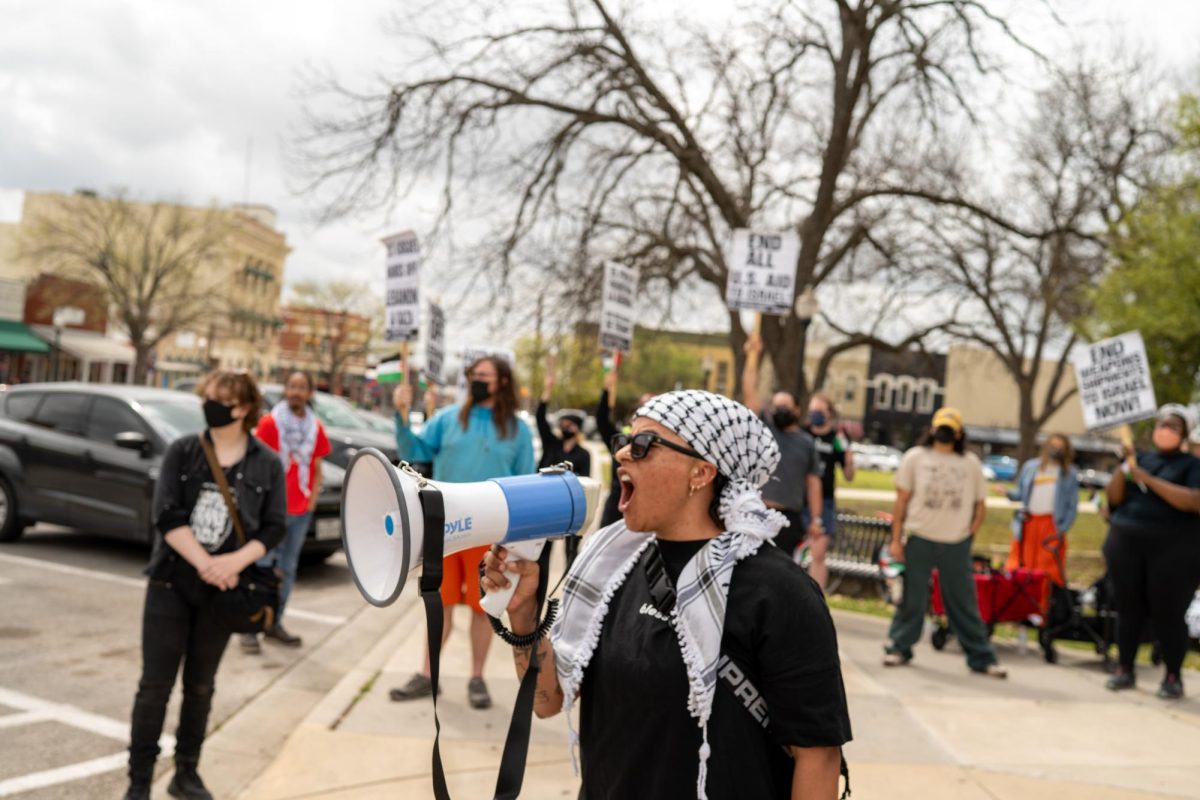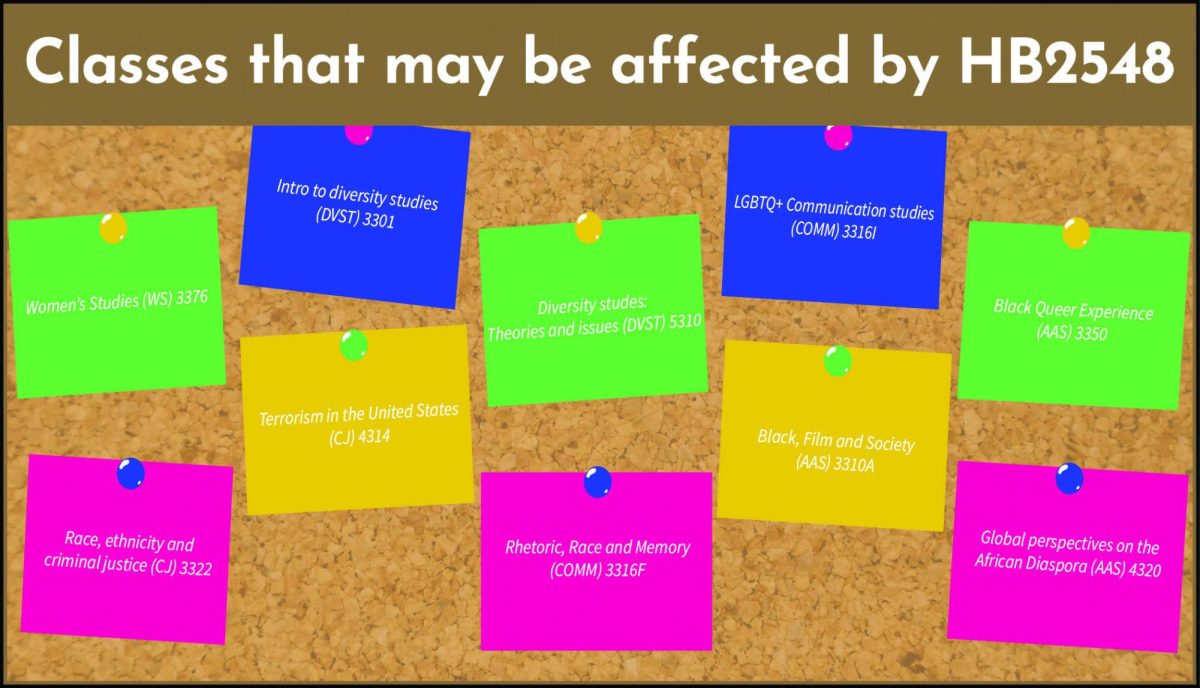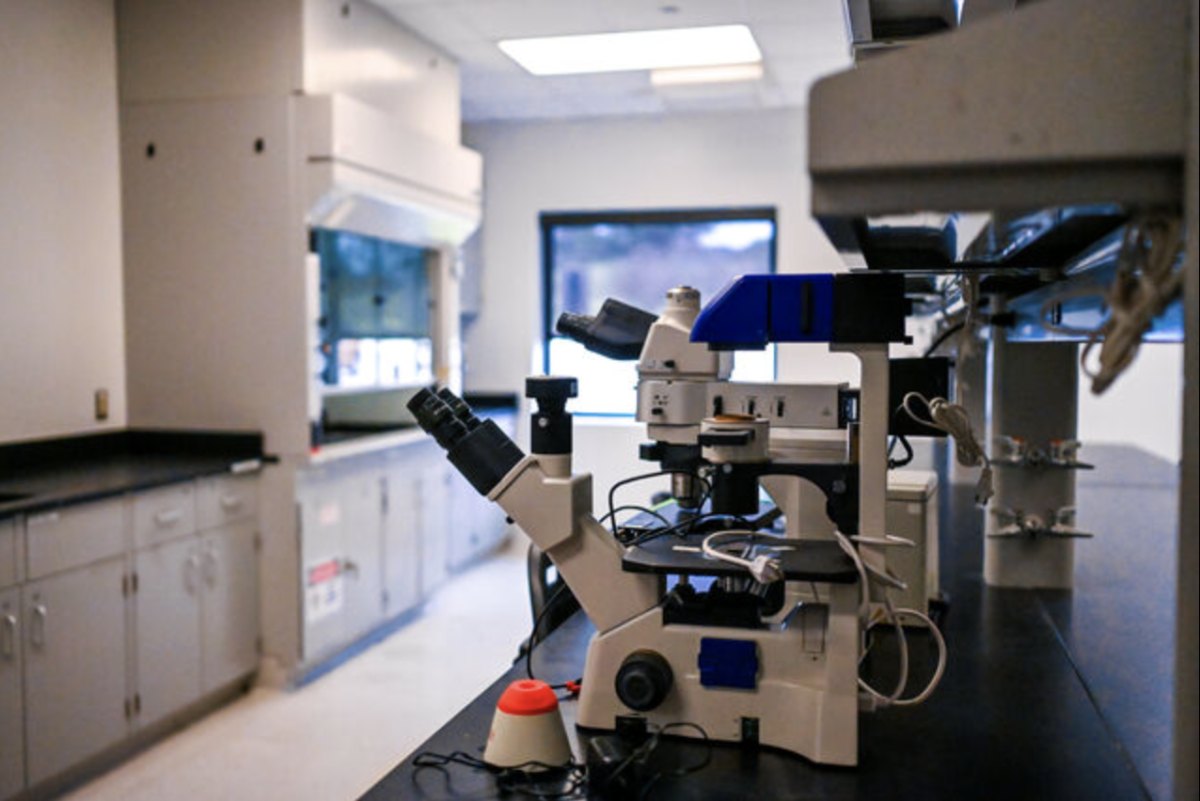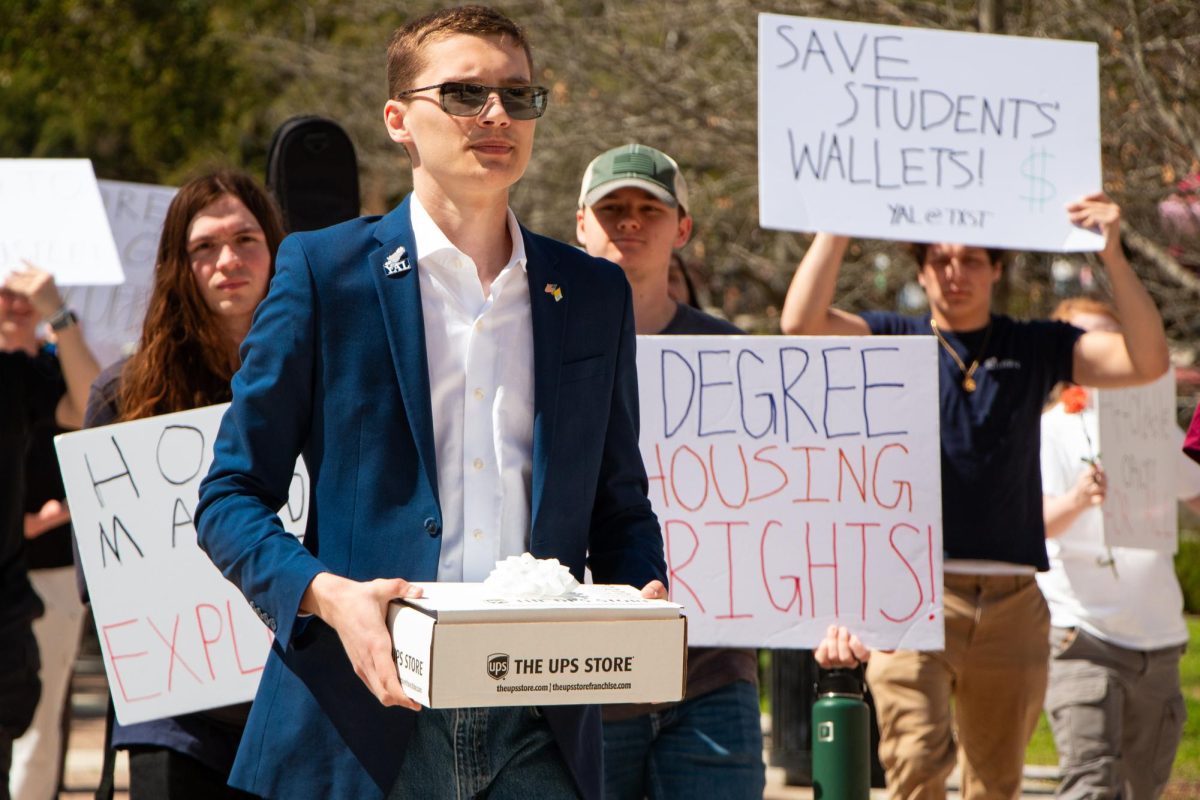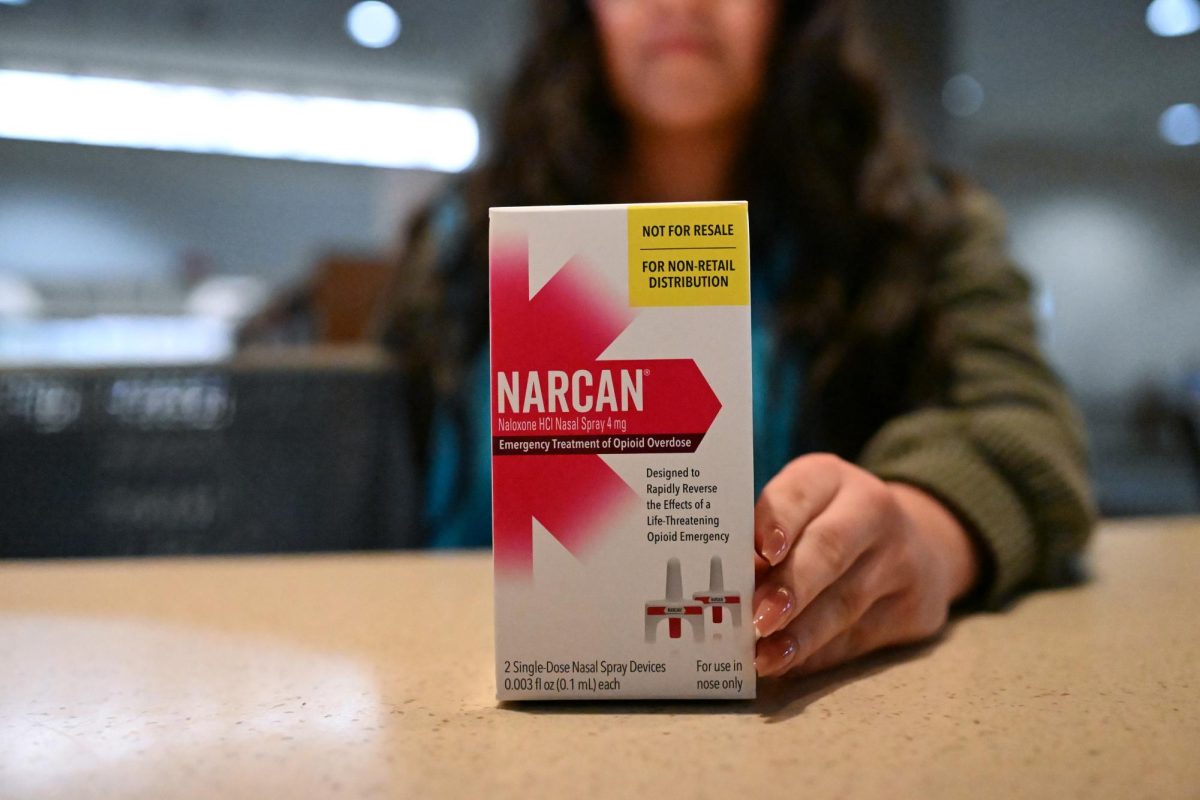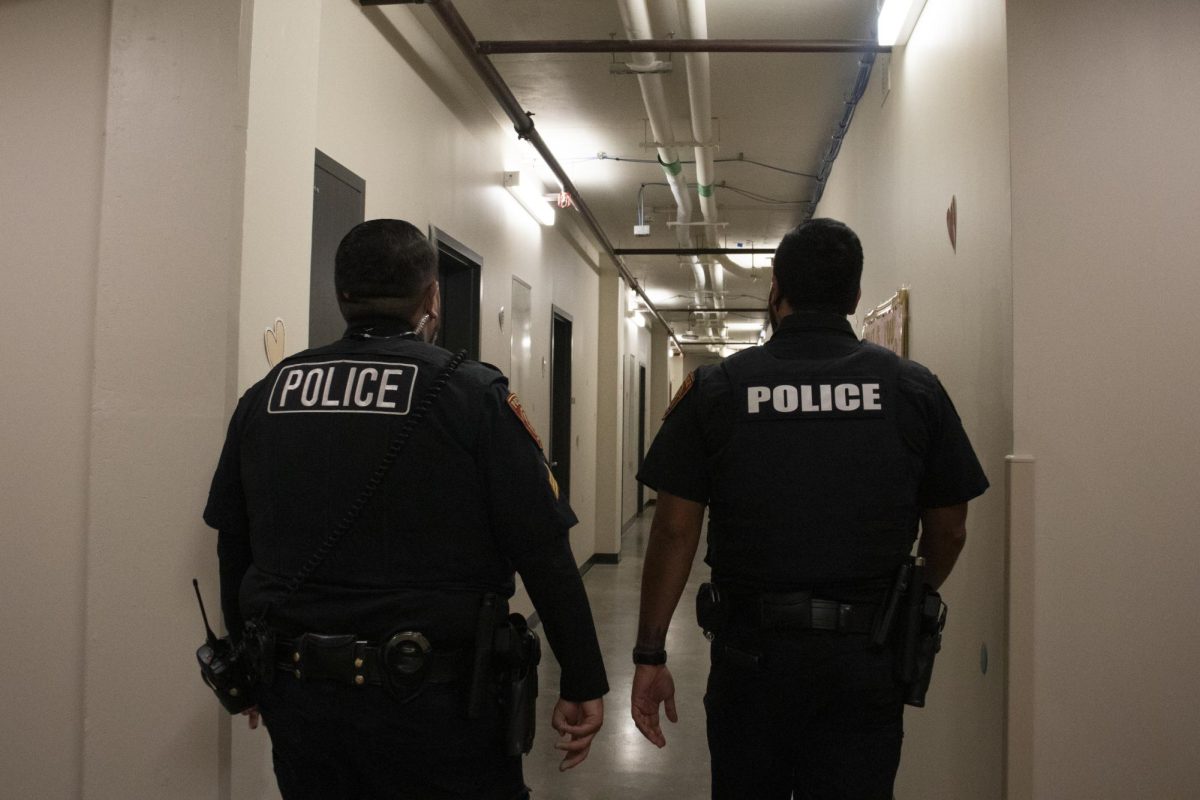The university has measures in place that prioritize sexual assault survivor support, prevention and safety given the rise in on-campus sexual assault cases from 2020-2022.
It’s April and University Police Department (UPD) has received three reports of sexual assault on campus, according to Detective Sandra Spriegel, a UPD investigator with a focus on sexual assault and related crimes. At this time last year, Spriegel said UPD had four reported sexual assault cases.
Spriegel attributed the 135% increase in rapes in the 2023 Annual Security and Fire Safety Report to more students returning post-COVID-19. Due to this, she said the initial impact of the pandemic was already shown in the 2023 report and may not be resembled in 2024.
“When the new report comes out I don’t think it’s going to be that big of a change, I think if anything it will be less,” Spriegel said.
However, Spriegel explained if the numbers were to be high in the 2024 report, a reason may be the university’s purchase of Vistas and Sanctuary Lofts, because any sexual assault incidents occurring there would now fall within the scope of on-campus cases.
“Right after the purchase, one of the three [sexual assault] reports for this year was at Vistas so this purchase might increase the numbers of sexual assault reports we get because we now have more residents on campus,” Spriegel said.
A Sexual Assault Forensic Examination (SAFE) is a free medical evaluation for individuals who may have experienced sexual assault. The evaluation involves a physical exam, injury documentation and DNA collection for evidence.
If a student experiences sexual assault and opts not to involve the police, they can file a “non-report” and undergo a SAFE at a medical or mental hospital for evidence collection. Texas retains these results for five years, allowing the victim to later report the assault and initiate an investigation. After this period, Spreigel said reporting becomes more challenging due to the absence of SAFE evidence.
Alternatively, if a student contacts the police, the responding officer offers a SAFE and a report filing. The report is then assessed by Spriegel, who arranges an in-depth interview with the victim.
“If [the victim] decides to press charges, depending on what they say I may or may not get a warrant for the accused’s arrest, but if I don’t feel comfortable getting a warrant, I send the case to the district attorney to get a second opinion,” Spriegel said.
Students Against Violence President Montserrat Luna said survivors face barriers when reporting their assault, including victim-blaming and a fear of their experience being invalidated.
“A big part of that fear [of sharing their assault with police] is identity, victims are being vulnerable when reporting their assault and with their names attached to it that adds another layer of vulnerability,” Luna said.
Spriegel said she observes first hand the fear of identity, prompting survivors to report assaults to UPD under a pseudonym by filling a form out.
“Once they fill the form out, the pseudonym is used in place of everything and their real name is only on that form which is kept locked [at UPD],” Spriegel said. “Their name stays confidential up until it gets to the court system because there is no guarantee at that point.”
UPD and all police officers in Texas must undergo trauma-informed training to better cater to survivors of sexual assault and related crimes before August 2025 as required by the Texas Commission of Law Enforcement.
UPD is also partnered with Bobcats REACH Project, a federally funded initiative aiding Texas State in addressing sexual assault. Bobcats REACH also established a Coordinated Community Response Team (CCRT), uniting organizations like UPD and the Hays-Caldwell Women’s Center to support survivors through cross-training.
“We support UPD by connecting them to various trainings that are offered through [Office on Violence Against Women]… it’s added coordination on partnership to ease the burden on individual offices and strengthens the university’s response,” Bobcats REACH Project Director Kimberly Smith said.



